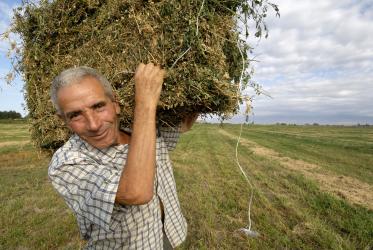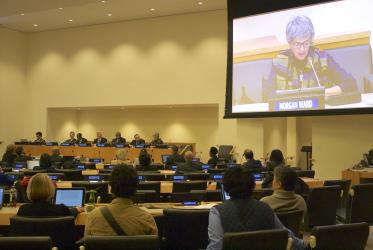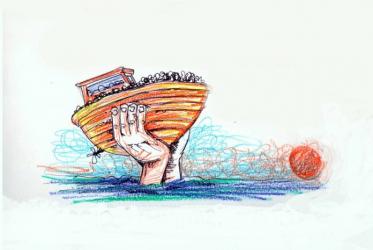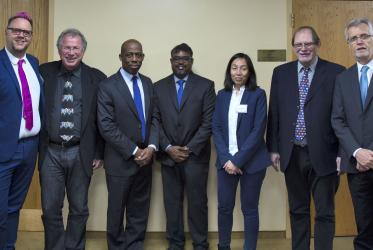Displaying 1 - 19 of 19
Churches should use their voice on climate change
26 February 2020
Las iglesias deben usar su voz sobre el cambio climático
26 February 2020
Mediterranean Hope: “On land, at sea and In the skies…”
20 December 2018
New economic architecture focus of New York meeting
22 April 2018
Emily Welty: tide of hope for a world free from nuclear weapons
19 September 2017
Ecumenical Patriarch visits WCC
24 April 2017
El Patriarca Ecuménico visita el CMI
24 April 2017






